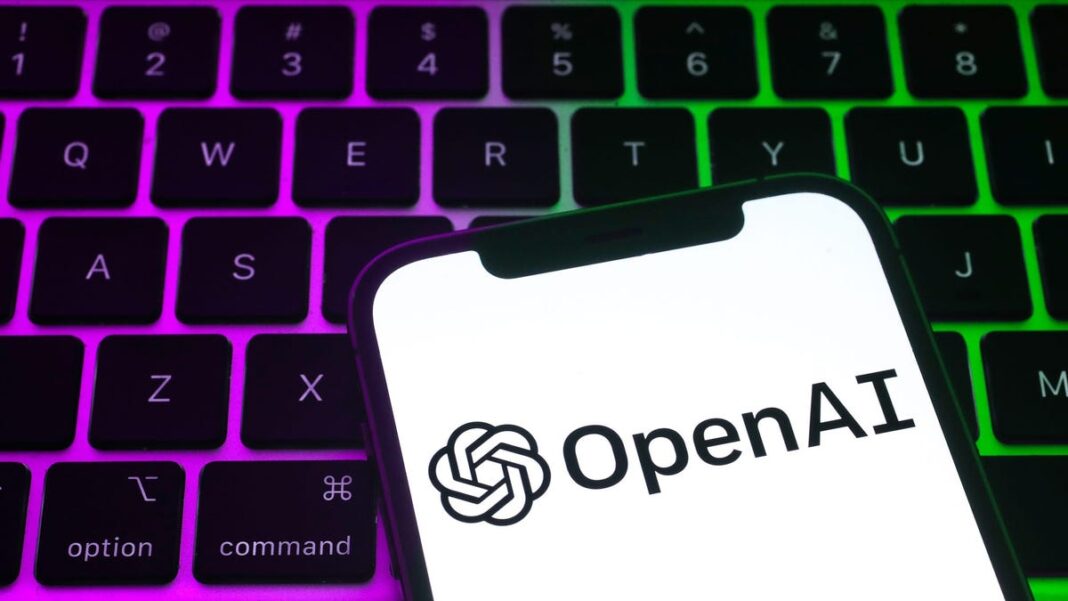OpenAI’s AI Video Generator Sora Now Available to All Customers
On Monday, OpenAI, a leading artificial intelligence firm, launched its video generation software named Sora, making it accessible to all its users.
This innovative program takes written prompts and produces digital videos lasting up to 20 seconds.
After introducing the beta version in February, OpenAI has made Sora available as an independent product.
During a live announcement, OpenAI CEO Sam Altman stated, “We don’t want the world to be solely text-based. Relying mostly on text means we might overlook something crucial.”
In a blog entry regarding Sora’s general release, the company expressed its ambition to lead the discussion around the norms and guidelines for AI-generated videos.
“By rolling out our video creation technology now, we aim to give society a chance to explore its potential and collaboratively develop rules and protections to ensure its responsible use as the technology evolves,” the company explained.
Features of Sora
Sora utilizes its “deep understanding of language” to comprehend prompts and subsequently generate videos featuring “intricate scenes” lasting up to a minute, complete with multiple characters, varying camera angles, specific movements, and accurate details.
The demonstrations provided by OpenAI during the beta launch included animations of a monster and a kangaroo, as well as realistic portrayals of individuals, such as a woman strolling through Tokyo and a cinematic trailer featuring an astronaut in a salt desert.
However, the company noted in its blog that Sora has certain limitations.
According to them, “It frequently produces unrealistic physical movements and has difficulty with complex actions over extended durations.”
OpenAI’s Commitment to Prevent Misuse
OpenAI stated in its blog that while it will impose restrictions on uploading content featuring individuals, these limits will be eased as the company enhances its defenses against deepfake misuse.
“Our primary focus is to avert particularly harmful forms of abuse, such as child sexual abuse material (CSAM) and sexual deepfakes, by preventing their creation, filtering and monitoring uploads, employing sophisticated detection tools, and reporting any discoveries of CSAM or child endangerment to the National Center for Missing & Exploited Children (NCMEC),” the company emphasized.
Moreover, OpenAI confirmed that all videos generated by Sora will come with C2PA metadata and watermarking as standard features, allowing users to easily identify videos produced by the software.

